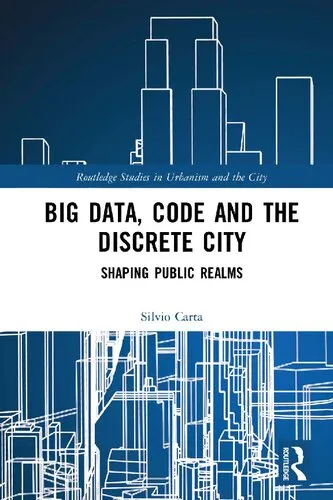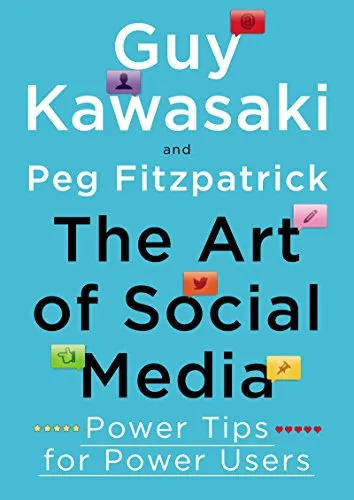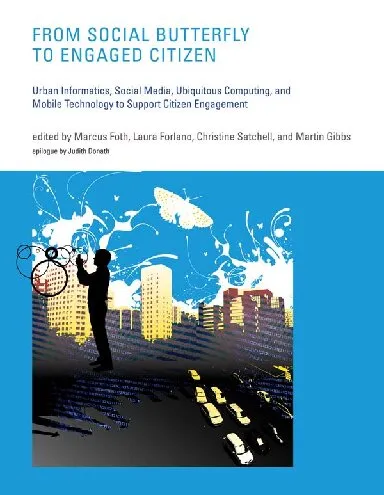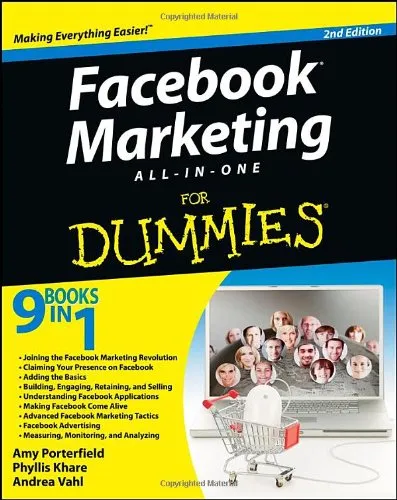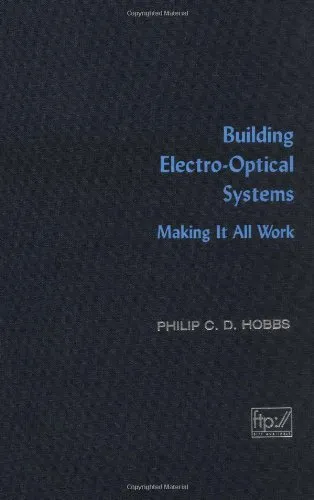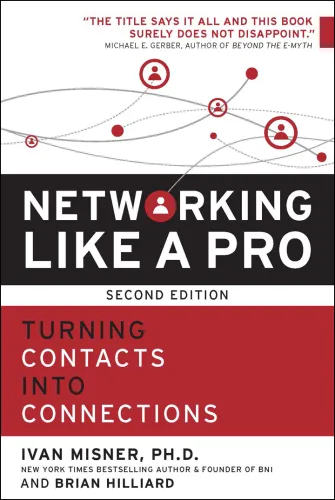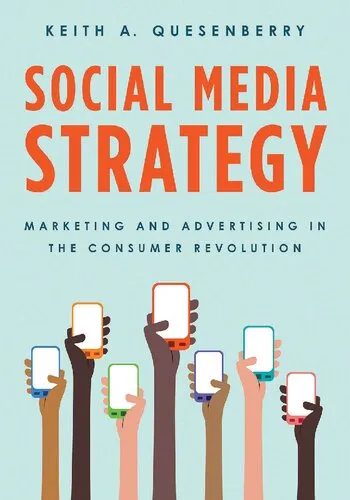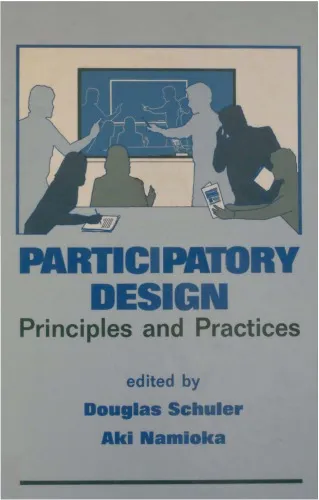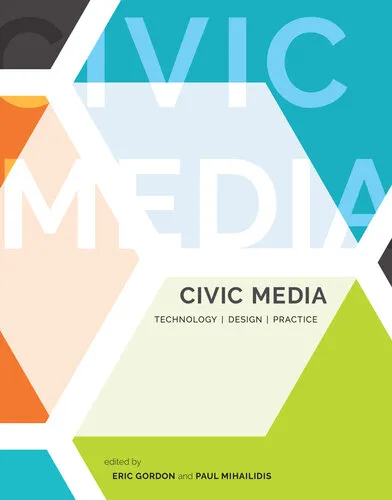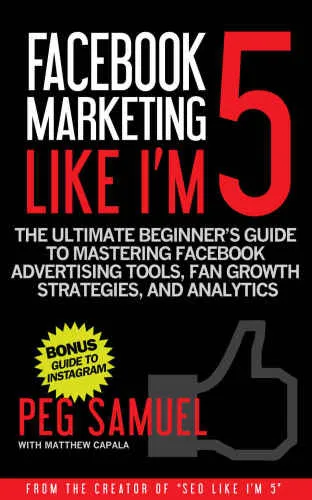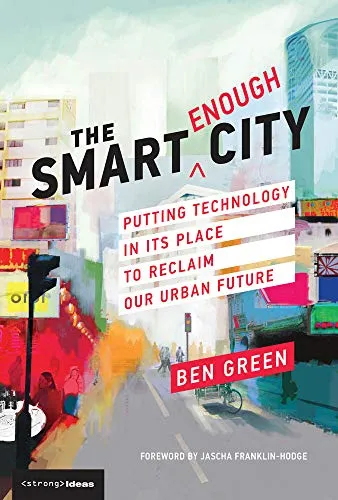Big Data, Code and the Discrete City: Shaping Public Realms
4.5
Reviews from our users

You Can Ask your questions from this book's AI after Login
Each download or ask from book AI costs 2 points. To earn more free points, please visit the Points Guide Page and complete some valuable actions.Related Refrences:
Welcome to the introduction of "Big Data, Code and the Discrete City: Shaping Public Realms", a book that explores the transformative potential of big data and computational technologies in reshaping our urban environments and public realms. This work dives deep into the intersection between technology, architecture, and urban planning, offering actionable insights into the ways digital tools and algorithms are influencing how cities evolve in the 21st century.
Detailed Summary of the Book
Cities are the physical manifestations of culture, economy, and human interaction, but in the contemporary era, they are increasingly influenced by the intangible forces of data and code. "Big Data, Code and the Discrete City" investigates how the confluence of technology and urbanism is reshaping public realms — the shared spaces where social interaction occurs and civic life flourishes.
The book starts by defining the concept of the "discrete city," a term that encapsulates how modular and data-driven systems break cities into smaller, quantifiable units. This shift enables urban designers to gather, process, and analyze vast amounts of real-time data, allowing for more precise and responsive planning strategies.
One of the core themes is the re-evaluation of public space and its meaning in an age dominated by algorithms and machine learning. As traditional notions of civic engagement transform, the book urges an interrogation of how inclusivity and accessibility can be maintained in digitally empowered spaces. By merging theoretical frameworks with case studies, it offers a balanced approach to understanding both the opportunities and constraints of employing big data in urban contexts.
Chapters delve into smart cities, algorithmic governance, spatial analytics, and their implications for democracy within the urban framework. The book's multidisciplinary perspective integrates insights from architecture, computer science, and urban sociology, ensuring a holistic exploration of these topics. By the end, readers will develop a nuanced understanding of the relationship between technological advancement and the responsibility to create equitable, humane urban environments.
Key Takeaways
- 1. The Discrete City Framework: Learn about how urban systems are being discretized into measurable units to enable more efficient urban development and planning.
- 2. Democratization of Urban Data: Understand the potential of big data to both enhance and challenge democratic processes in urban governance.
- 3. Computational Urbanism: Explore the impact of code and algorithms on shaping public spaces and the architectural fabric of cities.
- 4. Ethical Considerations: Grasp the ethical issues surrounding surveillance, privacy, and accessibility in data-driven urban design.
- 5. Future-Proofing Urban Spaces: Prepare for the role of artificial intelligence in the design, operation, and living experience of future cities.
Famous Quotes from the Book
"In the 21st-century city, data is more than infrastructure; it is the lifeblood, shaping not just how we plan our cities, but how we live in them."
"The true challenge lies not in the availability of data, but in translating it into actionable insights that benefit communities equitably and sustainably."
"Public space is no longer merely physical; it exists at the nexus of physical interactions and digital networks, necessitating a new paradigm of urban design."
Why This Book Matters
"Big Data, Code and the Discrete City: Shaping Public Realms" is more than just an academic study of technology and urbanism. It is a manifesto for reclaiming the human experience in a rapidly digitizing world. As cities embrace "smart" systems, there is an urgent need to ensure that the technological advancements do not come at the expense of equity, inclusivity, and civic identity. This book offers a critical lens to view emerging developments while equipping readers with the intellectual tools necessary to rethink urban futures.
For urban designers, architects, technologists, and policymakers, this book provides a timely guide to navigating the challenges of the 21st-century city. It bridges the gap between theoretical concepts and actionable strategies, ensuring that readers leave with both a deeper intellectual understanding and practical methods for shaping better cities.
Ultimately, this book matters because it advocates for a measured and inclusive approach to innovation — a reminder that while data and code can transform our world, they must do so in ways that prioritize the collective well-being and resilience of modern urban populations.
Free Direct Download
You Can Download this book after Login
Accessing books through legal platforms and public libraries not only supports the rights of authors and publishers but also contributes to the sustainability of reading culture. Before downloading, please take a moment to consider these options.
Find this book on other platforms:
WorldCat helps you find books in libraries worldwide.
See ratings, reviews, and discussions on Goodreads.
Find and buy rare or used books on AbeBooks.
1366
بازدید4.5
امتیاز0
نظر98%
رضایتReviews:
4.5
Based on 0 users review
Questions & Answers
Ask questions about this book or help others by answering
No questions yet. Be the first to ask!
